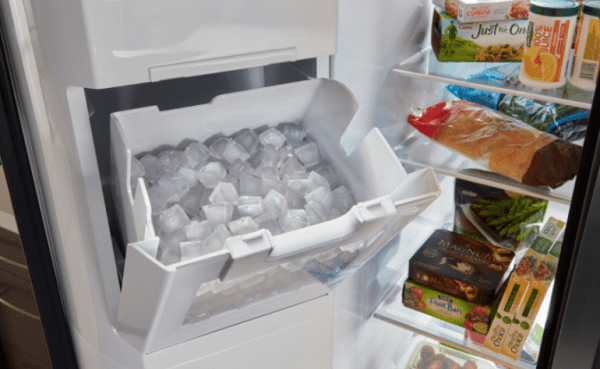Cold Storage Solutions Using Shipping Containers for Efficient Temperature Control and Freshness
Shipping Container Cold Room Factories Revolutionizing Cold Storage Solutions
In recent years, the food industry has witnessed a remarkable evolution in how products are stored and transported. Among the innovative solutions gaining popularity is the shipping container cold room, a transformative approach that combines efficiency, sustainability, and cost-effectiveness for businesses requiring refrigerated storage. This modern method of cold storage is not just a trend; it’s reshaping the logistics and supply chain landscape around the globe.
Shipping containers have long been recognized for their durability and versatility. Originally designed for transporting goods across oceans, these robust structures have been repurposed in various applications, from offices to homes. One of the most promising applications has been in creating cold rooms. By converting shipping containers into insulated cold storage units, businesses can ensure their products remain at optimal temperatures during storage and transport.
Advantages of Shipping Container Cold Rooms
1. Mobility and Flexibility One of the most significant benefits of using shipping containers as cold rooms is their inherent mobility. Unlike traditional cold storage facilities, which are fixed in location, container cold rooms can be easily transported to different sites. This flexibility is particularly advantageous for businesses that operate in multiple locations or experience varying seasonal demands.
2. Cost-Effectiveness Building a conventional cold storage facility can be prohibitively expensive due to construction costs, land acquisition, and ongoing maintenance. In contrast, repurposing shipping containers is often a more budget-friendly option. These containers can be acquired at relatively low prices, and with proper insulation and refrigeration systems installed, they can be transformed into efficient cold storage facilities at a fraction of the cost.
3. Rapid Setup and Deployment Availability is another key advantage. Shipping containers can be quickly adapted into cold room configurations, allowing companies to set up cold storage solutions without extensive downtime. This rapid deployment can be crucial for businesses that face immediate storage needs, such as food distributors and processors, especially during peak seasons.
4. Sustainability The use of shipping containers also aligns with growing sustainability trends in various industries. By repurposing existing structures, businesses can reduce waste and minimize their environmental footprint. Furthermore, modern refrigeration technologies available today are designed to be more energy-efficient, further enhancing the sustainability of container cold rooms.
shipping container cold room factories

5. Customizable Options Shipping container cold rooms can be tailored to meet specific storage requirements. Depending on the type of goods being stored—whether perishable food items, pharmaceuticals, or other temperature-sensitive products—containers can be insulated to different degrees, equipped with specific refrigeration units, and tailored in size to accommodate various storage capacities. This customization allows businesses to effectively manage their inventory and reduce spoilage.
Challenges and Considerations
Despite their numerous advantages, there are some challenges and considerations to keep in mind. Proper ventilation and monitoring systems are essential to ensure consistent temperature control within the container. Without adequate airflow, some goods may not be kept at the required temperatures, leading to spoilage. Additionally, local regulations regarding food storage and safety must be adhered to, ensuring that the container cold room meets all necessary health standards.
Moreover, while shipping container cold rooms are versatile, they may not suit very large-scale operations that require extensive cold storage capabilities. For large food distributors or manufacturers, a combination of container cold rooms and traditional facilities might ultimately provide the best solution.
Conclusion
As the demand for efficient and sustainable cold storage solutions continues to rise, shipping container cold room factories are emerging as a viable alternative to traditional facilities. Their adaptability, cost-effectiveness, and environmental benefits make them an attractive option for a wide range of industries, especially in the food sector. By harnessing the potential of repurposed shipping containers, businesses are positioning themselves favorably in an increasingly competitive market—ensuring that their products remain safe, fresh, and ready for distribution to consumers around the world.
Indeed, the future of cold storage lies in innovation, and shipping container cold rooms are at the forefront of this transformation, driving both efficiency and sustainability within supply chains.
















































































































